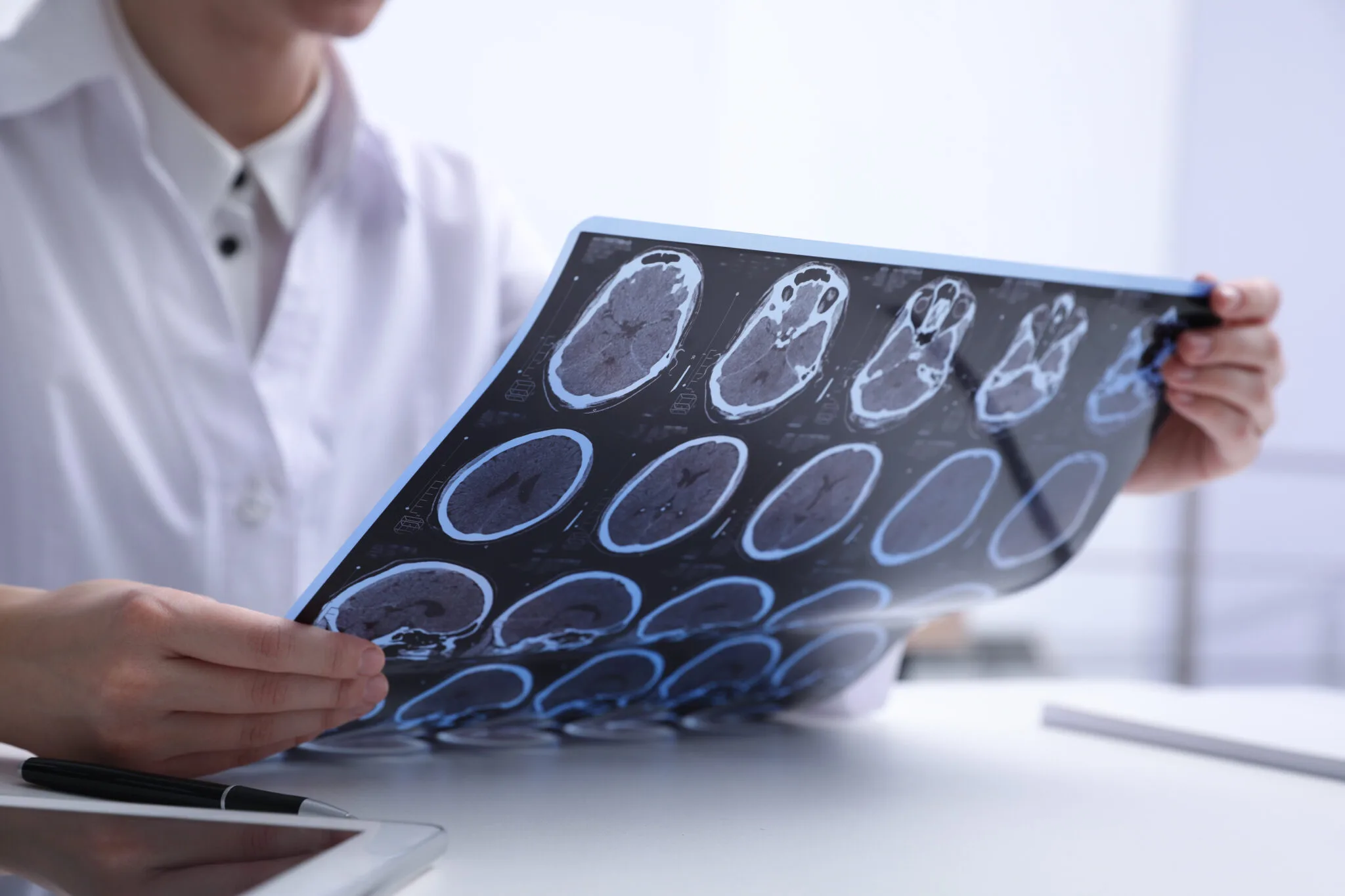Calls for Ukraine
Calls for Europe
Calls for USA

Schizophrenia remains one of the most difficult pathologies to diagnose in psychiatric practice. Even after decades of research, doctors are still forced to rely primarily on clinical conversations with patients and behavioral assessments. But a team of scientists from Taiwan is offering a breakthrough: an artificial intelligence (AI)-based tool that can recognize schizophrenia-related changes in the brain on MRI images with over 91% accuracy.
Schizophrenia is a serious mental disorder that affects approximately 24 million people, or 1 in 300 people worldwide.
Schizophrenia causes psychosis, is associated with severe disability, and can negatively affect all areas of life, including personal, family, social, educational, and work activities.
There are a number of effective options for helping patients with schizophrenia, thanks to which at least one in three patients can achieve a full recovery.
(from the WHO report)
Developed at the Artificial Intelligence Medical Center of Taipei Veterans General Hospital (TVGH), the BrainProbe platform is the world’s first AI-based system for diagnosing schizophrenia based on MRI results. It not only recognizes pathological changes in brain structures, but is also capable of tracking their dynamics over time, opening up new horizons in personalized patient management.
BrainProbe analyzes both structural and functional abnormalities in the brain. The system pays particular attention to the deep areas of the brain, in particular the insular lobe and temporal cortex, which, according to research, are often subject to early changes in schizophrenia. For example, in the case of a 30-year-old patient with psychotic symptoms, AI detected degenerative changes even before they became apparent to clinicians. Further diagnosis confirmed schizophrenia.
In addition to diagnosis, BrainProbe allows predicting age-related changes in the brain, which is especially valuable in chronic mental illnesses. The system generates a “brain aging index” and can track the dynamics of changes, which objectifies the monitoring of the effectiveness of therapy or the progression of pathology.
BrainProbe is currently being used at TVGH as part of a clinical trial. The platform is awaiting approval from Taiwanese regulatory authorities, but cooperation with international partners is already underway to expand the database and test the effectiveness of the system on populations of different ethnic origins.
The developers plan to expand the database by including MRI images of representatives of different ethnic groups. Cooperation with international research centers has already been established to adapt and test the effectiveness of BrainProbe outside Taiwan.
As neuroimaging is increasingly used in neurology and psychiatry, the integration of artificial intelligence into everyday practice helps to better understand mental illness. If BrainProbe technology proves effective in large-scale clinical trials, it could become a fundamental tool for the accurate and early diagnosis of schizophrenia and, subsequently, other mental disorders.
Please rate the work of MedTour
